Summary | Excerpt | Reviews | Beyond the Book | Read-Alikes | Genres & Themes | Author Bio
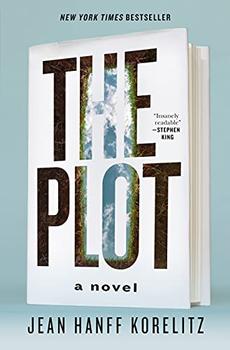
Critics' Opinion:
Readers' Opinion:
First Published:
May 2021, 336 pages
Paperback:
May 2022, 336 pages
 Book Reviewed by:
Book Reviewed by:
Peggy Kurkowski
Buy This Book
This article relates to The Plot
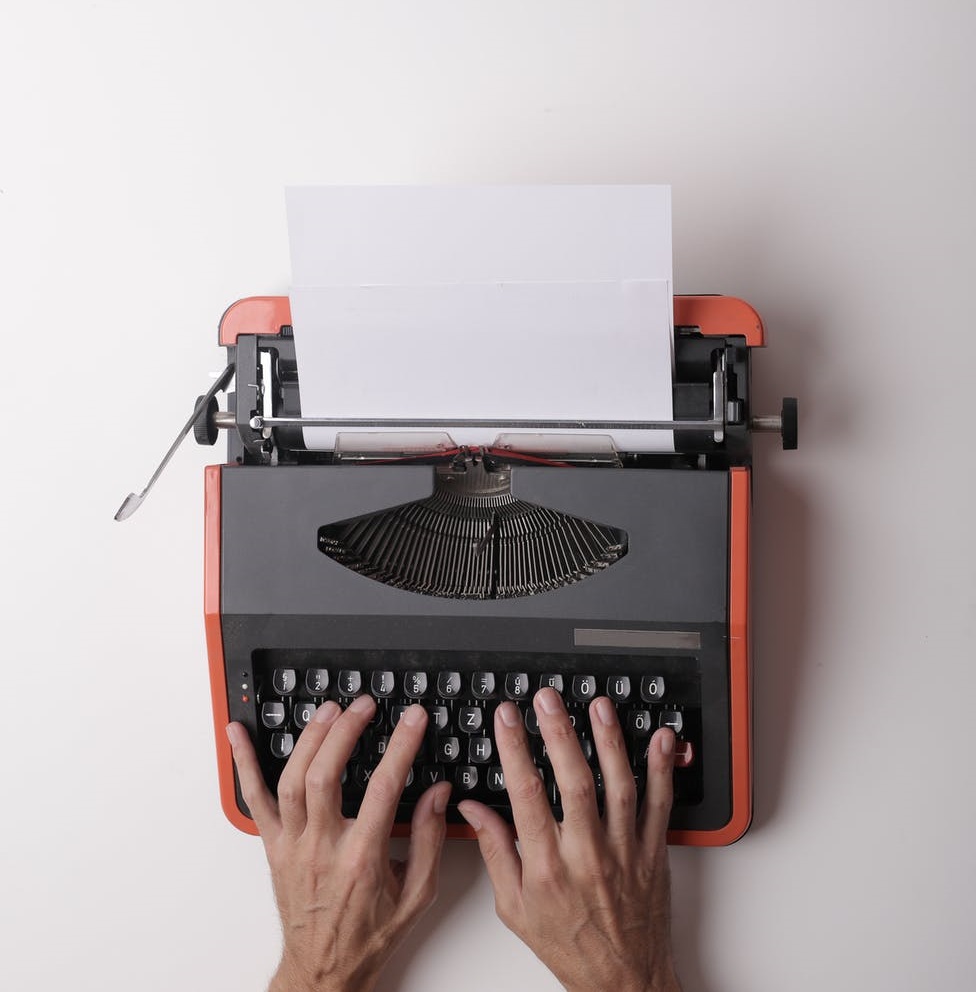 The Master of Fine Arts in Creative Writing is a graduate-level degree earned by students who seek to pursue work as authors, editors, playwrights, or to teach at the college level. As of 2019, there were more than 200 Creative Writing MFA programs according to Poets & Writers' MFA Index, of which 158 were full-time residency and 64 low-residency programs (like the fictional Ripley Symposia where Jacob Finch Bonner teaches in The Plot).
The Master of Fine Arts in Creative Writing is a graduate-level degree earned by students who seek to pursue work as authors, editors, playwrights, or to teach at the college level. As of 2019, there were more than 200 Creative Writing MFA programs according to Poets & Writers' MFA Index, of which 158 were full-time residency and 64 low-residency programs (like the fictional Ripley Symposia where Jacob Finch Bonner teaches in The Plot).
One of the most prestigious and prominent MFA writing programs is the University of Iowa Writers' Workshop, the first creative writing degree program established in the United States in 1936. One of the hardest programs to get accepted into, the achievements of its alumni are impressive — graduates include "winners of virtually every major literary award, including seventeen winners of the Pulitzer Prize (most recently Paul Harding in 2010), six recent U.S. Poets Laureate, and numerous winners of the National Book Award [and] MacArthur Foundation Fellowships," according to its website.
A fascinating factoid about the Iowa Writers' Workshop is that it has ties to the Central Intelligence Agency (CIA). In 2014, Eric Bennett wrote an article in The Chronicle of Higher Education making the stranger-than-fiction claim that the CIA infiltrated the Iowa program in the 1960s to help spread anti-communist messages through literature. Paul Engle, the second director of the Workshop, was (in Bennett's estimation) nothing more than "a do-it-yourself Cold Warrior" who accepted funds from an entity called the Farfield Foundation, which wasn't really a foundation at all, but rather "a CIA front that supported cultural operations, mostly in Europe, through an organization called the Congress for Cultural Freedom." The idea was to encourage writing in the Iowa Writers' Workshop that supported and championed democratic values and American individualism, eschewing the more "socialistic" musings of some postmodern writers. As one journalist who covered the story put it, "more Hemingway, less Dos Passos."
CIA hijinks aside, many in the writing community continue to debate the overall worth of MFA programs — both to the writer and to the literary canon. At the simplest level, some question the idea that creativity can even be taught. Going further, many remark that while MFA programs might help writers produce better fiction, they are not growing a distinguishable crop of great literature. But surely MFA writing programs at least improve a person's craft. Right?
Not so fast, according to two professors of language and literature who conducted a computational study to answer that very question. In a 2016 article in The Atlantic, Richard Jean So and Andrew Piper explained how they sampled roughly 400 novels from MFA graduates and non-graduates to assess writing style and other key differences. By "using a variety of tools from the field of computational text analysis, we studied how similar authors were across a range of literary aspects, including diction, style, theme, setting, and even how writers use characters." Their conclusions? They found "no real distinctions at the level of language, themes, or even syntax…[I]t was extremely difficult to separate the MFA and non-MFA writing groups in any meaningful way."
Another controversial aspect of the vaunted MFA program is the often astronomical price tag, which eliminates many potential writers from the talent pool. However, as long as there are writers with the means and the desire to make it big, it seems likely that the programs will continue to exert their influence in the literary world.
Filed under Books and Authors
![]() This "beyond the book article" relates to The Plot. It originally ran in May 2021 and has been updated for the
May 2022 paperback edition.
Go to magazine.
This "beyond the book article" relates to The Plot. It originally ran in May 2021 and has been updated for the
May 2022 paperback edition.
Go to magazine.
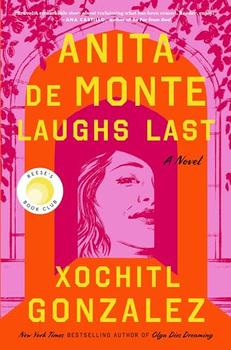
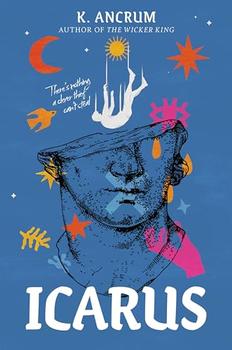
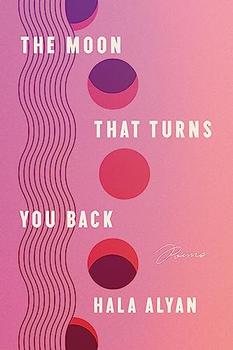

Your guide toexceptional books
BookBrowse seeks out and recommends the best in contemporary fiction and nonfiction—books that not only engage and entertain but also deepen our understanding of ourselves and the world around us.